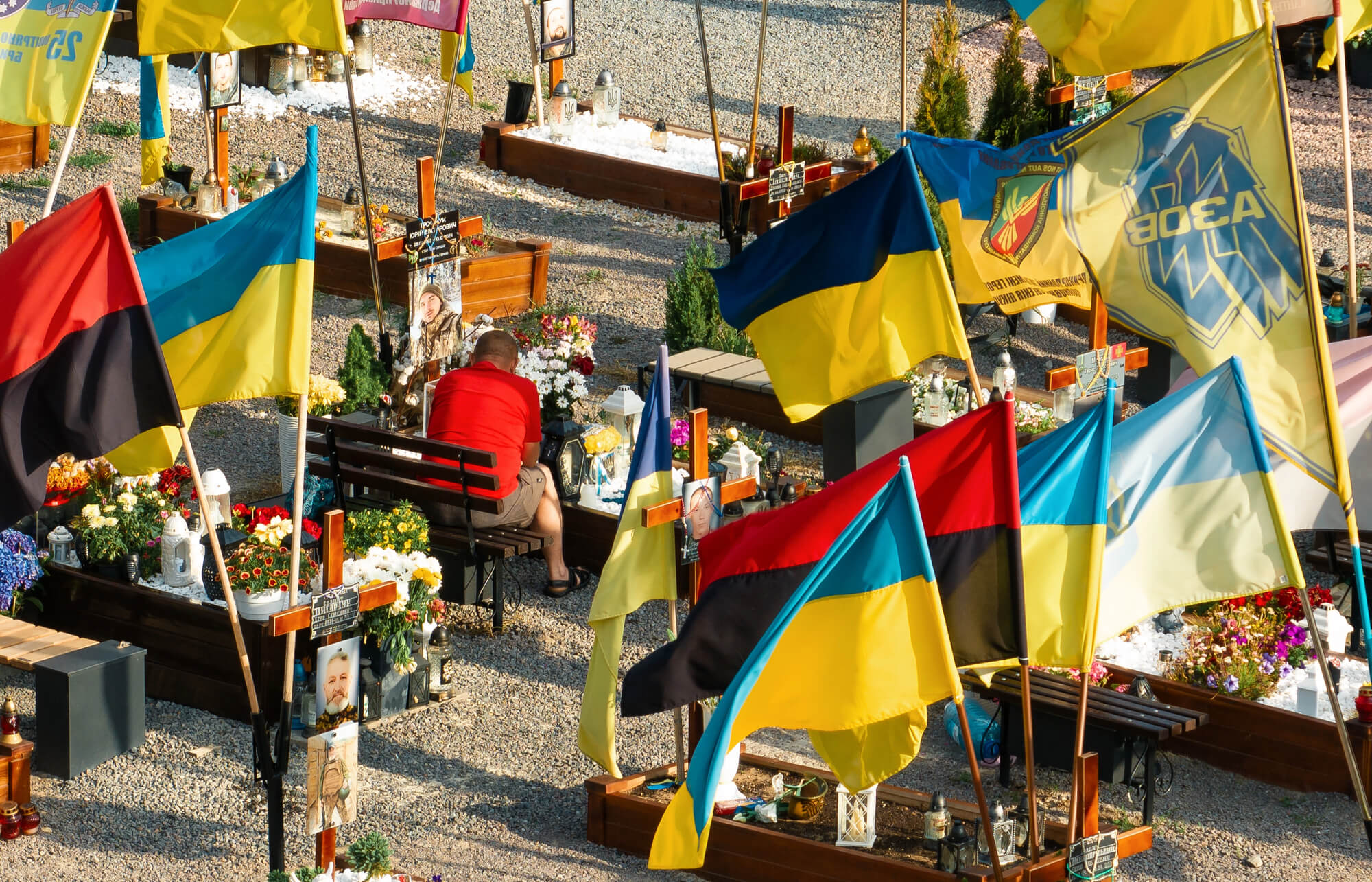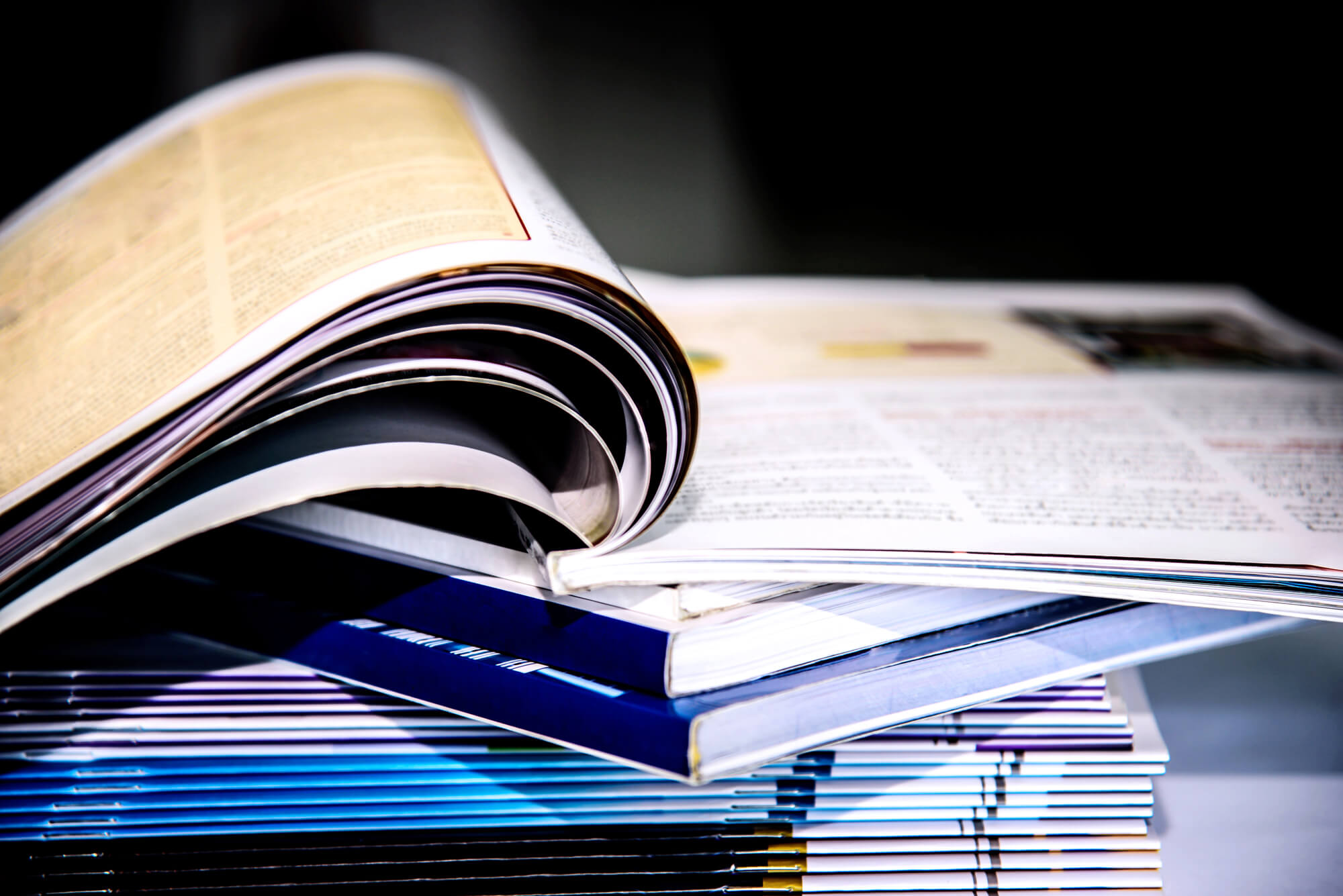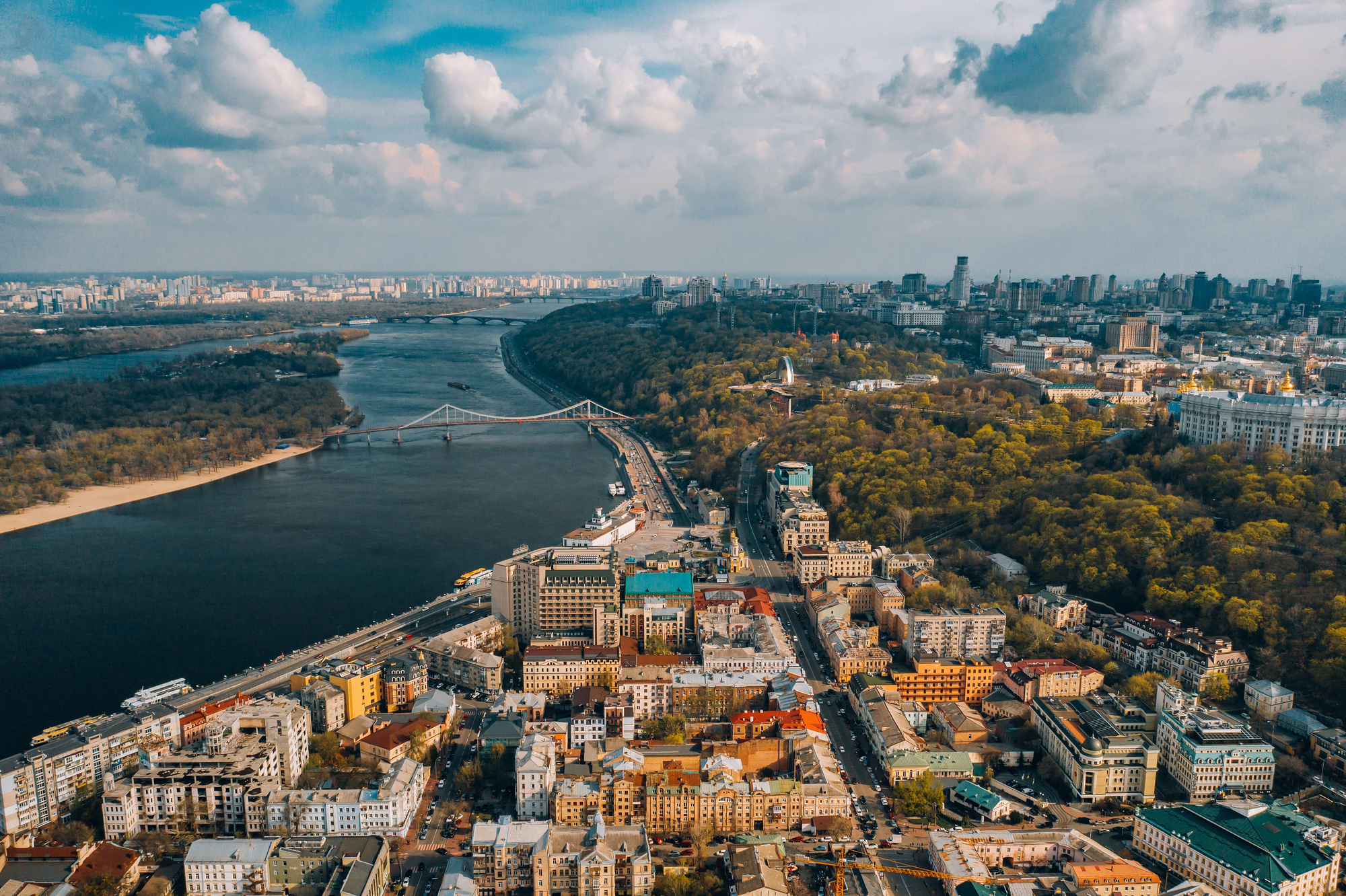Western support for Ukraine against the unprovoked aggression by Russia since 24 February 2022 is often presented as a form of solidarity with, or even charity towards, the innocent victims of this brutal and cruel act of Russian imperialism. From that perspective, Ukraine’s continuous requests for financial and military help against the Russian aggressor are met in many countries with comments that help for Ukraine has limits and that politicians should care first about their own people (New York Times 2022). These views are totally misguided and myopic. Helping Ukraine win against Russia is as existential for Europe – and indeed, the world – as it is for Ukrainians fighting for their survival and freedom. Seen this way, Ukraine needs more help and faster delivery than is currently the case. In this column, I explain why.
European leaders increasingly understand that a Russian victory in Ukraine would only be a first step in Russia’s expansionist goal to invade other countries and ultimately to destroy the EU. Leaders in Baltic countries, Moldova, Poland, Finland and other countries who have suffered at some point in their history from Russian invasion and occupation understand very well the nature of the Russian imperialist threat. They understand that Ukrainians are also fighting and dying to defend their own country’s freedom and independence. The British people, who had to fight alone against the Nazis in the beginning of WWII, also understand the plight of the Ukrainian people. Right now, the borders of Ukraine are the centre of gravity of the new cold war between Russia and its allies and democratic Europe. Helping Ukraine chase Russia from all its occupied territories is thus of existential interest to all European countries.
But helping Ukraine win against the Russian invader is not only in the interest of the European Union, it is also in the interest of world peace. A first reason is that a Russian victory would ruin for years the attempts of recent decades to try to build a rules-based international order that would guarantee peace and prosperity. A Russian victory would mean a return to the raw and violent 19th-century international politics based on military force and threats, bullying, invasion and colonisation of smaller countries. For Putin, this is how the international order should be structured and therefore Russia’s imperial ambitions should be respected. A return to such an international order would be catastrophic for world peace. It would mean the return of colonial wars and wars between big powers. In the age of nuclear weapons, it could represent an existential danger to life on our planet.
A second reason, which is more important in the short run, is that a Russian victory in Ukraine would strongly embolden Chinese President Xi Jinping in his plans to militarily invade Taiwan. For decades, Chinese communist leaders have insisted on recovering Taiwan, where the Kuomintang retreated to in the late 1940s after their defeat in the civil war. The concept of unification with Taiwan has been, since Deng Xiaoping, one of ‘one country, two systems’. This was the concept applied to Hong Kong after it was returned by the British to China in 1997, and it was also meant for Taiwan in case it agreed on reunification. It is, however, well known that Xi Jinping has been hostile to the ‘one country, two systems’ principle since he took power. The takeover of Hong Kong’s institutions by the Communist Party of China under the 2019 PRC’s National Security Law has in effect ended ‘one country, two systems’ in Hong Kong, and it has become obvious it would be of no protection to Taiwan’s democracy in case it accepted reunification with the mainland. China will certainly try to recover Taiwan through peaceful means if it can, but Xi Jinping has mentioned more and more the possibility of a military takeover and the People’s Liberation Army (PLA) has been actively preparing for this possibility.
There are many symmetries between Russia’s claim on Ukraine and China’s claim on Taiwan. Ukraine’s independence has been denied explicitly by the Russian government, and Chinese leaders have repeatedly stated that a declaration of independence by Taiwan would be met by a military invasion. Note that in both cases, it is not just about Putin or Xi. The goal of taking over Ukraine and Taiwan has strong support inside Russia and China, respectively.
A Taiwan war scenario may look a lot like that of Ukraine, where Taiwan would be supported indirectly by the US, Japan and South Korea by sending weapons and military advice. This would be the only way to keep the conflict localised, but this scenario seems less likely as there may be direct naval battles between the US and the Chinese military. The conflict could easily develop into a world war centred in Asia, with countries like Japan, Australia and India actively supporting Taiwan and the US (e.g. Roland 2023a). Note that there does not exist a military alliance like NATO in Asia.
All in all, Russia’s decision to invade Ukraine has increased the likelihood of China militarily invading Taiwan, which would have enormous repercussions for all of Asia and for the world as a whole (e.g. Ruta 2022). A Russian victory in Ukraine would undoubtedly embolden China in invading Taiwan, but a Russian defeat would certainly have the opposite effect. While Russia is militarily superior to Ukraine (at least in terms of quantities of troops and weapons), China’s superiority relative to Taiwan is of magnitudes larger. But a US intervention to help Taiwan would change that calculus. Moreover, Taiwan is an island and therefore more difficult to invade.
A Russian defeat in Ukraine, as well as having possibly very negative consequences for the Putin regime within Russia, would almost certainly convince many Chinese leaders that invading Taiwan would be too risky. Helping Ukraine to win against Russia is thus not only in the interest of peace in Europe, but also in the interest of world peace.
Before WWI, the world was one of competing empires with clashing expansionist interests. Since WWI, we have seen the emergence of nation states and democracies with different geopolitical interests and incentives from empires (e.g. Roland 2023b). The autocratic regimes of Russia and China are the last two remaining empires. It is no coincidence that they are trying to form an alliance. Helping Ukraine crush Russia’s expansionist goals would certainly help contain China’s hegemonic ambitions. Given its economic weight as the largest economy in the world, China represents a bigger threat to world peace than Russia. The Biden administration understands this, and it understands the implications of Russia’s invasion of Ukraine for world peace and for the likelihood of China invading Taiwan as well as the implications it may have for world peace. It would be better if the governments and people in all existing democracies grasped this fully and increased help to Ukraine as a consequence.
References
New York Times (2022), “The War in Ukraine Is Getting Complicated, and America Isn’t Ready”, 19 May.
Ruta, M (2022), “How the war in Ukraine may reshape globalisation”, VoxEU.org, 5 May.
Roland, G (2023a) “The War in Ukraine and its Consequences for the International Order and Northeast Asia”, mimeo, UC Berkeley.
Roland, G (2023b) “Empires, Nation States and Democracies. The International Order in Historical Perspective”, UBS Public Paper No 13.
#helpUkraine_helptheWorld
This publication is a part of a collection of essays initiated by the National Bank of Ukraine. Famous economists, political scientists and historians, experts recognized in the world, volunteered to share their thoughts and arguments on why helping Ukraine is helping the world. The complete book of essays can be found via the link.
Attention
The author doesn`t work for, consult to, own shares in or receive funding from any company or organization that would benefit from this article, and have no relevant affiliations



